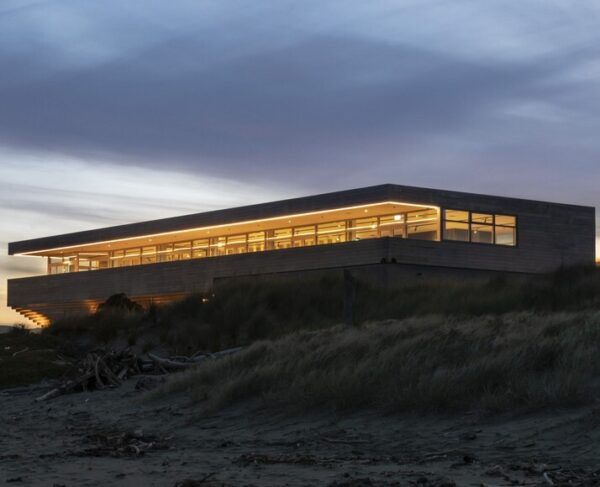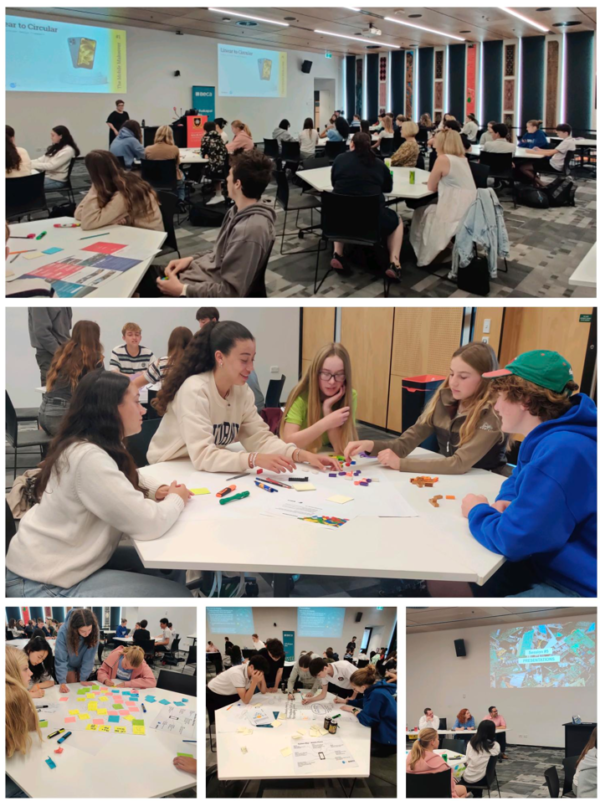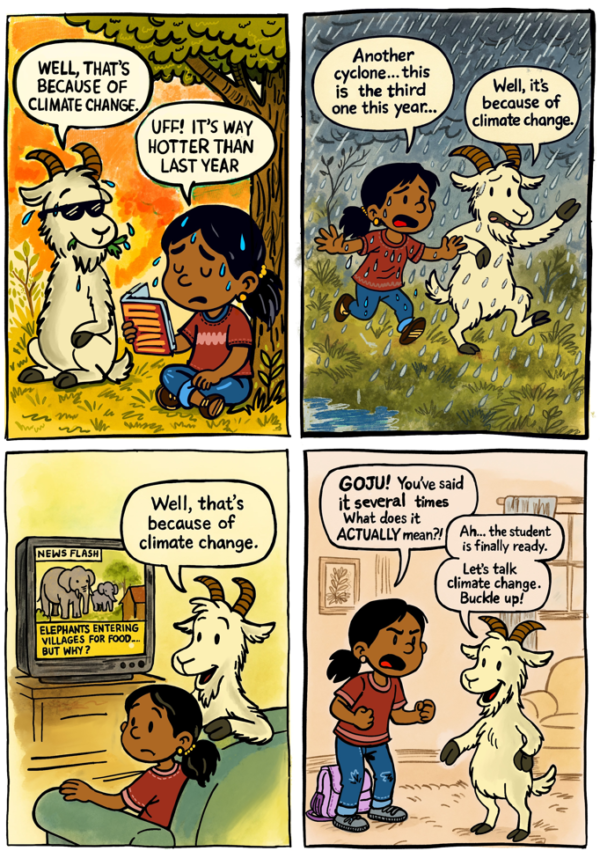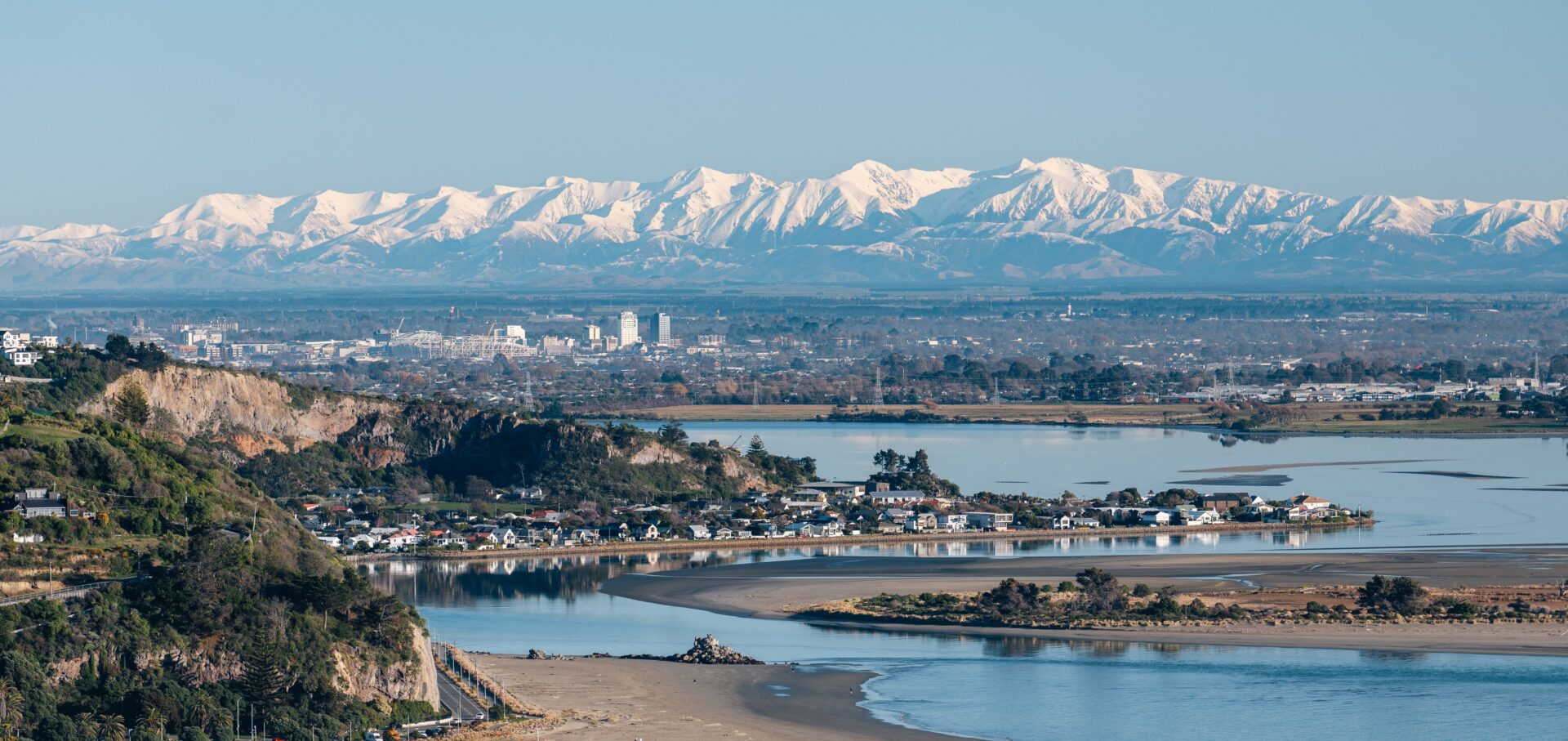Living Labs - THE ART OF ADAPTATION, COMMUNICATION AND EDUCATION
Toi Mahi Tahi: A Workshop in Arts, Adaptation, Climate Change and Transdisciplinary Approaches
Location: New Brighton Surf Life Saving Club
Date: Thursday, 16 October
Time: 9.30am – 17:00pm
Cost: $45
Maximum numbers: 35
Details: Depart Town Hall at 9.30am for a half hour drive to New Brighton. You will return by 5pm. A packed lunch will be provided.
Co-hosts:
Professor Susan Ballard. Art Writer, Art History and Environmental Humanities, Te Herenga Waka—Victoria University of Wellington. https://people.wgtn.ac.nz/susan.ballard
Professor Rebecca Priestley. Writer, Science in Society, Te Herenga Waka—Victoria University of Wellington. https://people.wgtn.ac.nz/rebecca.priestley
Dr Mark Harvey. Artist, University of Auckland. https://profiles.auckland.ac.nz/m-harvey

This Living Lab—Toi mahi tahi—foregrounded and explored the contribution and potential of the creative arts in relation to climate change mitigation and adaptation.
The Living Lab was a fun and engaging workshop that brought together conference attendees with local artists, writers and journalists, to focus on collective actions and creative projects (including collaborative research outputs created on the day) on the topic of adaptation and creating change.
Using transdisciplinary methodologies from within the environmental humanities and creative arts we met kanohi ki te kanohi (face to face) at the New Brighton Surf Life Saving Club a short bus ride from the conference venue, beside the sand dunes that line the rising seas of the Pacific Ocean. We took time to reflect on the themes of the conference before working to generate new creative responses.
Informing this lab was a broad range of perspectives from the arts, and environmental humanities. We drew from insights around how the creative arts can engage with environmental perspectives through eco-critical public pedagogies, ecological pedagogies of embodied attunement, and eco-dialogic pedagogies (see Harvey et al. 2024).
The goal of the Living Lab was to learn from each other’s methodologies and generate something that would last beyond the timeframe of the conference, engage audiences with unconventional creative outputs from the conference, and make international connections with other academics who – like us – have both a writing or making practice and a focus on environmental issues.
We scaffolded participants through our multi-dimensional approach into creating material that responds to and reflects on themes around climate change from their standpoints. We used Māori influence methods (Smith, 1999) such as whakawhanaungatanga and mana-enhancing teaching and collaborating, along with Western influenced workshopping approaches. Generating creative material that invited reflection around how we can adapt and adjust to climate change is an intention in this lab. Exploring how the creative arts can be pivotal around this theme as an agent of change is another goal.
Entry is limited to 35 people only, on application. We prioritised applications from mana whenua, tangata whenua, and Moana Pasifika scholars. Participants applied with a brief summary of their interest in the role of arts in transdisciplinary understandings of adaption futures (100 words), plus a brief summary of their own experience or practice: this might include fiction/ nonfiction/ journalistic/ or scientific writing; or other arts-based creative and critical practices; or, collaborative work with artists and writers (100 words). The aim was to engage with, and be inclusive of a wide range of practices and knowledges, so if experience or practice fell outside those listed here, delegates were invited to articulate this.
References:
Ballard, S., & Saunders, J. (2022). “Art Writing and Coastal Change: Story-Telling in the Blue Economy.” GeoHumanities, 8(2), 462–481. https://doi.org/10.1080/2373566X.2022.2094280
Harvey, M., Mullen, M., Waipara, N., Jerram, S., Craig-Smith, A., and McBride, C. (2023). “Toi Taiao Whakatairanga: Tukanga: Processes of Navigating the Interface between Art Curation/Research, Forest Ecologies and Māori Perspectives.” Knowledge Cultures, 11(1), 115–136. https://doi.org/10.22381/kc11120237
Priestley, R. (2022) “Coming Soon to a Beach Near You: The Incoming Tide of Meltwater” Griffith Review, 77. https://www.griffithreview.com/articles/coming-soon-to-a-beach-near-you/
Smith, L. T. (2021) Decolonizing Methodologies: Research and Indigenous Peoples. London: Bloomsbury.
How do we get mass behavioural change for transformational climate adaptation
Location: Sumner Surf Life Saving Club
Date: Thursday, 16 October
Time: 9.00am – 16.00pm
Cost: $45
Maximum numbers: 50
Details: Depart Town Hall at 8.30am for a 30min drive to Sumner Surf Life Saving Club. You will return by 4.00pm. A packed lunch will be provided.
Leaders:
Cushla Loomb, Beca Limited
Tania Hyde, Beca Limited

This Living Lab offered a dynamic and immersive experience that actively engaged individuals in pioneering climate adaptation solutions, by offering a practical platform to engage directly with adaptation strategies - blending creativity with action. Designed to align with the conference’s overarching theme of Accelerating Adaptation Action, it provided a unique opportunity to explore Behaviour change needed for transformational climate adaptation. By harnessing the transformative capacity of art—whether visual, performance, or digital—participants could communicate complex climate challenges in accessible, compelling ways, to spark meaningful conversations, increase awareness and education to inspire new pathways for climate resilience. The Living Lab took place at the Sumner Surf Life Saving Club, where space will be created for participants to spend the day working through the five activities. The format for the event was to take participants through facilitated stations which covered:
- Welcome and Context Setting – sharing compelling stories to create emotive urgency.
- Challenge and Urgency - role-play community decision-making processes through the NIWA (National Institute of Water and Atmospheric Research) serious game (Township Flood Challenge) to foster collective action.
- Co-design for System Shift - collaborate on innovative solutions to foster collective action through a circular design workshop
- Innovative Solutions – using the arts, communication and education to inspire behaviour change and mindset shift.
- Reflections – to surface learnings, share experience and reinforce hope to shape their ongoing work.
Participants were advised to be prepared for a high level of energy and engagement with the one location.
The adaptation adventure: A comic book installation for climate storytelling
Location: Auaha Hīhī, Ground Floor, Tūranga Library (Ground Floor), Christchurch/ Ōtautahi
Date: Thursday, 16 October
Time: 10.00am –11.30am
Maximum numbers: 40
Details: Gather at the Town Hall to walk to Tūranga Library as a group.
Leaders:
Jubeena Judi Joe - visual artist and designer at the Indian Institute of Forest Management
Elphin Tom Joe - PhD student

There is often so much technical jargon when having to explain or understand climate adaptation research with many nuances which if missed would lead to misunderstanding. This Living Lab focused on reducing the difficulty of communicating technical concepts of adaptation to the larger public, using comic book storytelling to achieve this. You will be provided with physical and digital copies of comic books so that you are immersed in a different communication medium that has not been used substantially yet. We provided participants with a space for interaction and feedback that generated interest in utilizing such a medium for your own work. participants were able to register to receive materials in the future as digital copies for use in their own organizations or research.
Printed comic book copies were available for participants to read and submit feedback on. Additionally, there were posters and sketches available for viewing and feedback. Digital copies could be accessed by all participants through a QR code for download and use under the creative commons copyright license. Participants were expected to freely explore and interact with the materials available and this was not guided. Participants were given adhesive notes and a feedback wall to share their thoughts on the experience. Based on the feedback received the comics were further improved and participants received a copy of the improved material as a digital copy via email.
Aims and expected outcomes:
- Introducing climate adaptation concepts through a fun and engaging format by using comic storytelling
- Encourage discussion among participants on the utility of such a format for their own work
- Gather valuable participant feedback for improving the material and providing the material digitally to registered participants
This creative performance Living Lab aimed to provide a visually rich interactive space where participants could engage in their own pace. Comics have been a very useful tool for ages to break down complex technical concept to easily understandable content for assimilation. With a dedicated space that created a relaxed environment for reflection and honest feedback on the material created this was a wonderful experience.
Key Dates
Early Bird Registration Closes
15 July 2025
Adaptation Futures Conference
13 - 16 October 2025
